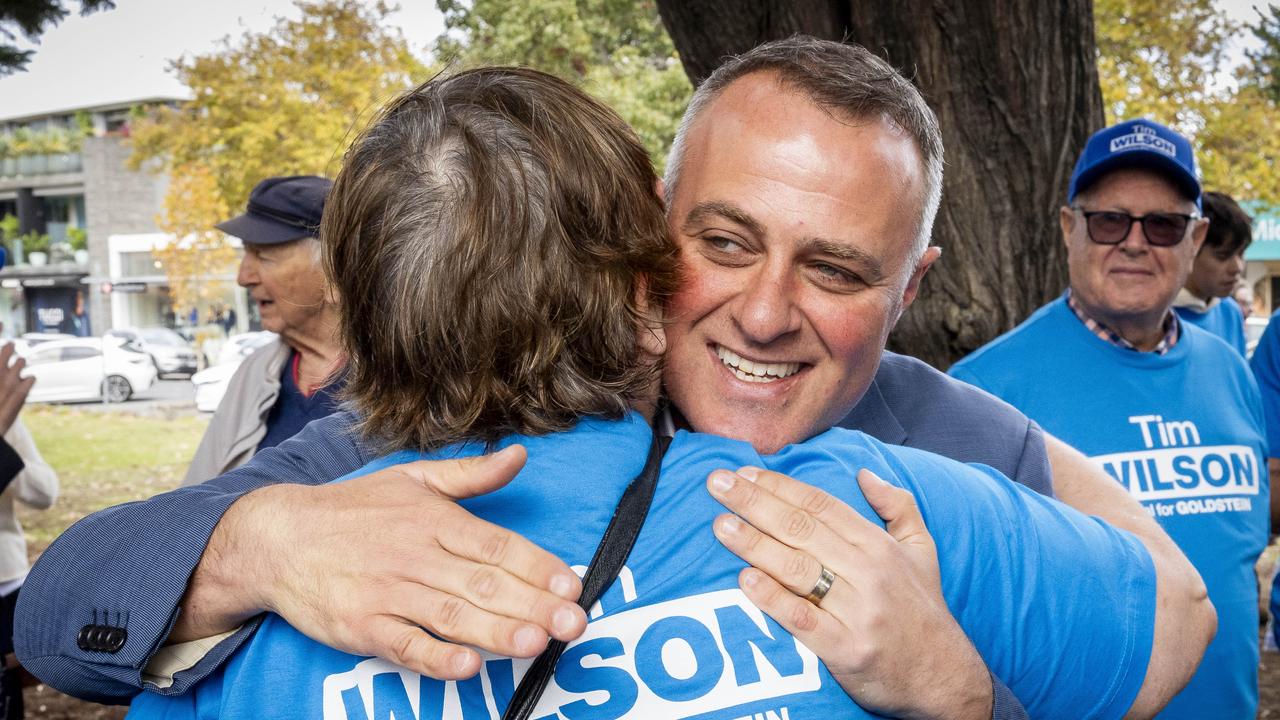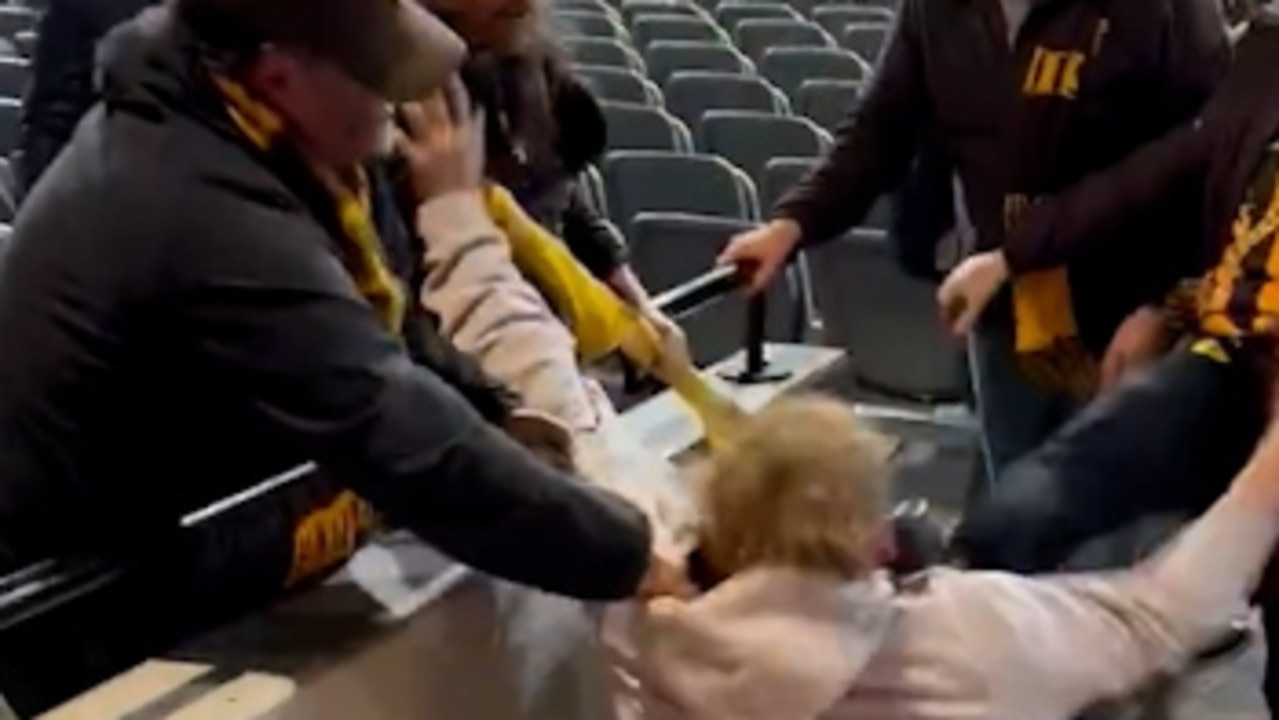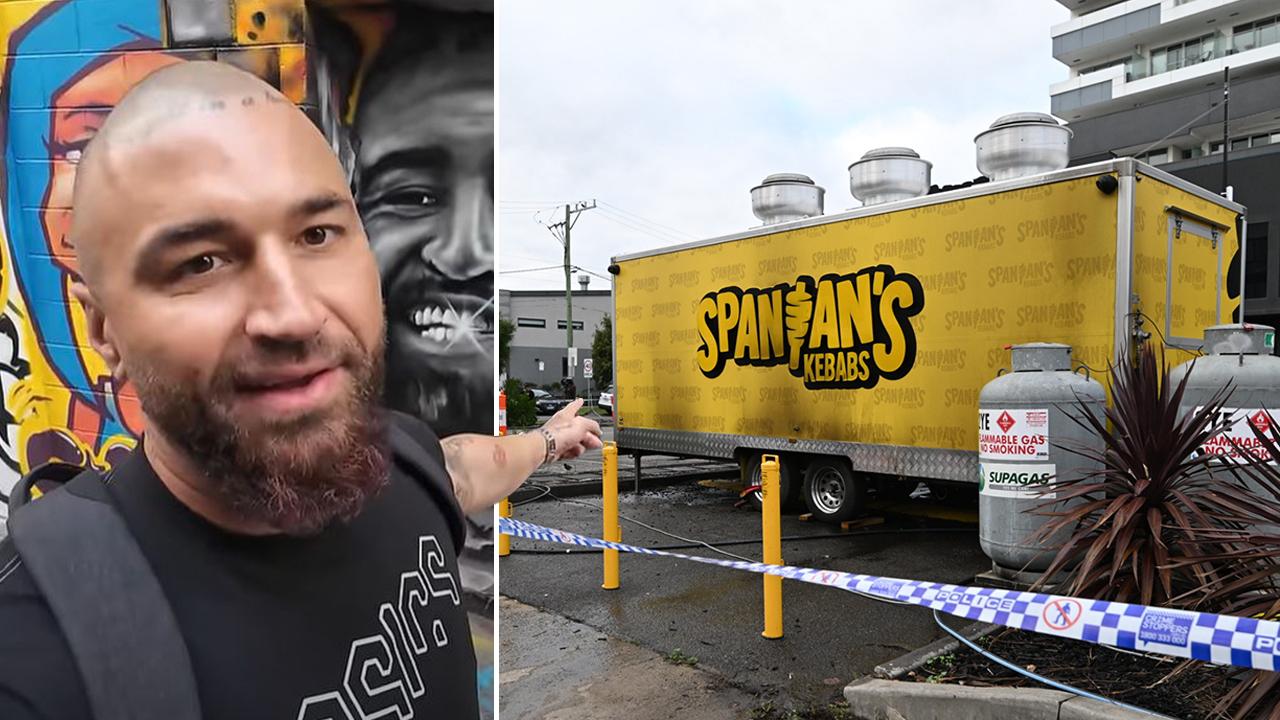Childcare educators to seek consent from babies, preschoolers while changing their nappies, toileting them and playing with them
Early childhood educators are being asked to seek consent from babies and preschoolers while caring for them including in tasks such as changing a nappy, according to new recommendations for the nation’s peak early learning regulator.
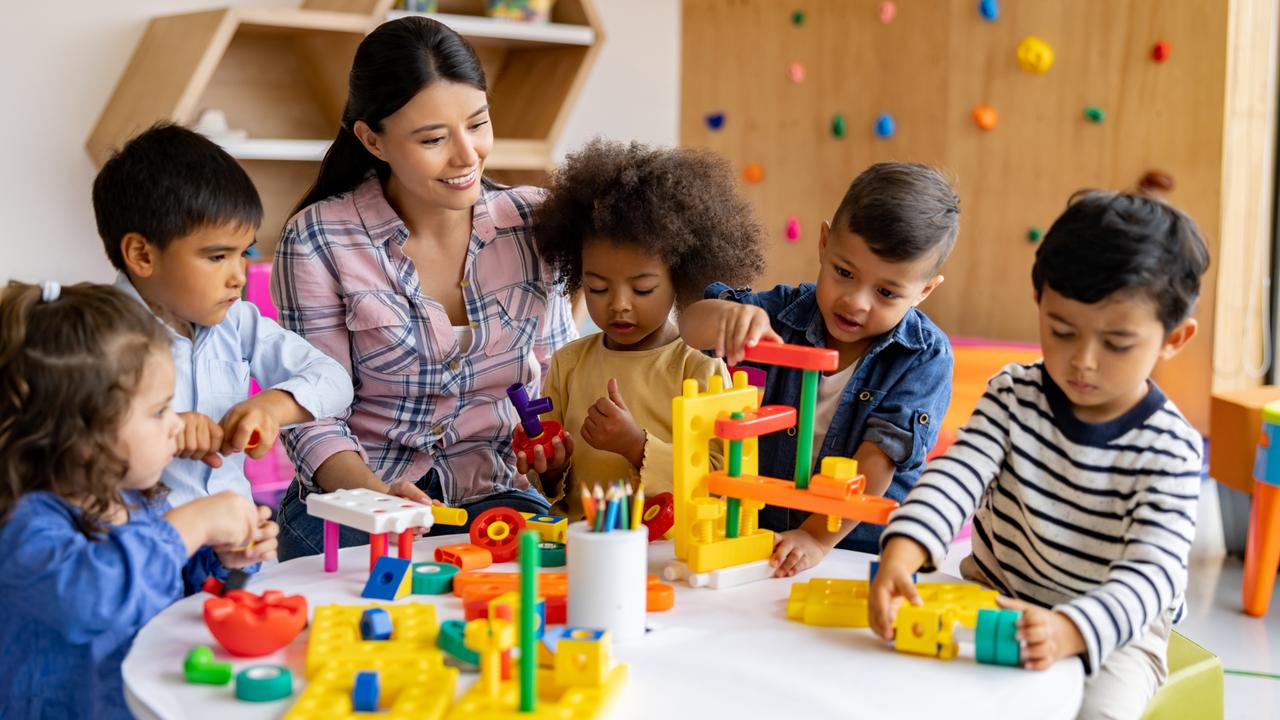
Victoria
Don't miss out on the headlines from Victoria. Followed categories will be added to My News.
Childcare and kindergarten educators are asked to seek consent from babies and preschoolers while changing their nappies, toileting them and playing with them, according to the peak national early learning regulator.
Workers are asked to “consider children’s right to privacy” which may include “installing privacy screens in children’s bathrooms”, new material from the Australian Children’s Education and Care Quality Authority (ACECQA) suggests.
The recommendations also stress the need for educators to “create a culture of consent” and invite them to “encourage and model consent for infants and children”.
It’s suggested staff “ask for and provide consent during everyday play and documentation practices” and “model positive and open communication on routine tasks such as toileting”.
Educators, leaders and other support staff are encouraged to “give children time to decide when requesting their consent” and “support children to make decisions or change their mind”.
Other examples of “consent in practice” include providing opportunities for children to learn about bodily autonomy and support for their need for their own “physical space”.
Staff are also asked to “critically reflect” on infants’ decision making on all actions that affect them.
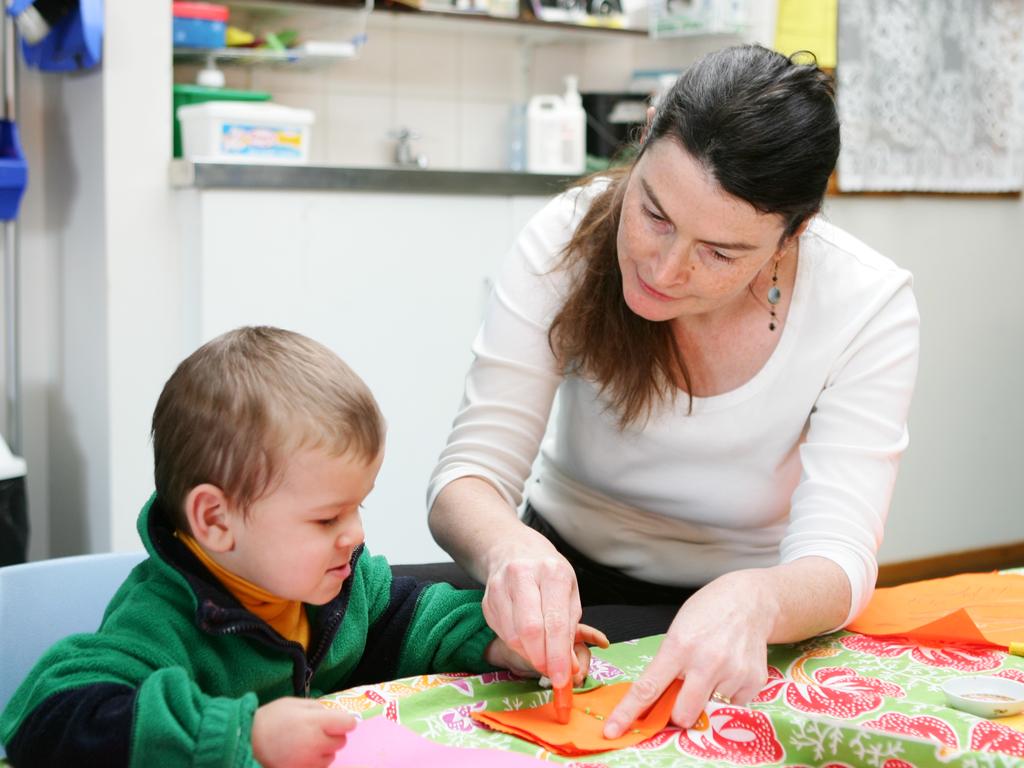
The educator materials, distributed on Thursday, state: “Consent can be a challenging concept to grasp, especially for infants and young children who may not yet be able to verbally communicate their views.
“Consent is not just a verbal agreement on the decisions that affect each child. It is also affirmed through being attuned to infants’ wants, needs and views by understanding their cues and body language,” it says.
“Before engaging children in tasks, take the time to communicate what is happening and why. Allow space for infants and children to acknowledge their participation. This type of interaction promotes respect.”
Information about consent in relation to research and digital technologies is also provided, with a link to a 2021 study that looks at the rights of young children to consent to photos taken of them for documentation purposes. This also includes the need for consent before photos are shared on social media.
Reckon you’ve got Victoria’s cutest baby? Enter your bub into our search now
The ACECQA information is based on the National Quality Framework for early learning which suggests workers should “learn ways to ask for and provide consent during everyday play”.
“Help children understand the concept of consent by modelling or demonstrating asking for and providing consent and provide opportunities for children to practice,” it reads.
ACECQA CEO Gabrielle Sinclair declined to comment when approached by the Herald Sun.
In 2018, author and educator Deanne Carson incited a national debate when she suggested parents should ask for consent before a nappy change by assessing their baby’s body language. She suggested families could set up “a culture of consent” in the home by asking newborns: “I’m going to change your nappy now, is that OK?”
“If you leave a space and wait for body language and wait to make eye contact, then you’re letting that child know that their response matters,” she said.
Dr Bella d’Abrera, director of the Foundations of Western Civilisation Program at the Institute of Public Affairs, said: “teaching consent to toddlers during nappy changes isn’t safeguarding—it’s ideological theatre.”
“This isn’t about protecting children. It’s about training them to see every human interaction as political - before they can even speak.”
“The idea that babies must ‘consent’ to being cleaned or comforted reveals just how deeply Critical Social Justice, also known as ‘wokeness’, has infiltrated early education,” she said.
More Coverage
Originally published as Childcare educators to seek consent from babies, preschoolers while changing their nappies, toileting them and playing with them




